Is there a dog more universally adored than the Golden Retriever? With their boundless energy, wagging tails, and those soulful, trusting eyes, it’s no wonder this breed has a reputation for being the friendliest dog on the block. But sometimes, their enthusiastic greetings can catch even the most seasoned dog owner off guard. Imagine your Golden bounding up to a total stranger, tongue lolling, as if greeting a long-lost family member—it’s heartwarming, but it can also be a little overwhelming! Let’s take a deep dive into what makes Golden Retrievers so outgoing and explore how to balance their sociable nature with the realities of the world around them.
The Golden Personality: Born to Love Everyone
Golden Retrievers aren’t just friendly—they’re practically ambassadors for canine kindness. This breed was originally developed to work closely with humans, so it’s no surprise they turn every walk into a social event. Their gentle nature and eagerness to please make them natural charmers, often seeking out new friends wherever they go. If you’ve ever wondered why your Golden seems to think every stranger is a best friend in disguise, it’s because their instincts tell them that people are safe, fun, and probably have treats.
Why Goldens Can’t Resist Greeting Strangers
The urge to befriend everyone isn’t just cute—it’s hardwired. Golden Retrievers are pack animals at heart, and humans are simply part of their extended pack. Their friendly overtures are their way of saying, “You’re part of my world now!” This trait can be traced back to their breeding history, where they were selected for their gentle temperament and trustworthiness. Goldens see the world as a happy place filled with potential playmates, and it takes a lot to convince them otherwise.
The Pros and Cons of Extreme Friendliness

Having a dog who loves everyone sounds like a dream, but sometimes, it’s a mixed blessing. On the bright side, Goldens make excellent therapy dogs and can brighten anyone’s day with a wag and a nuzzle. But their friendliness can also lead to awkward moments—think muddy paws on a stranger’s white dress or an unexpected leap onto a nervous passerby. While their intentions are pure, not everyone is prepared for a 70-pound furball of affection.
Training Boundaries Without Dimming Their Spark
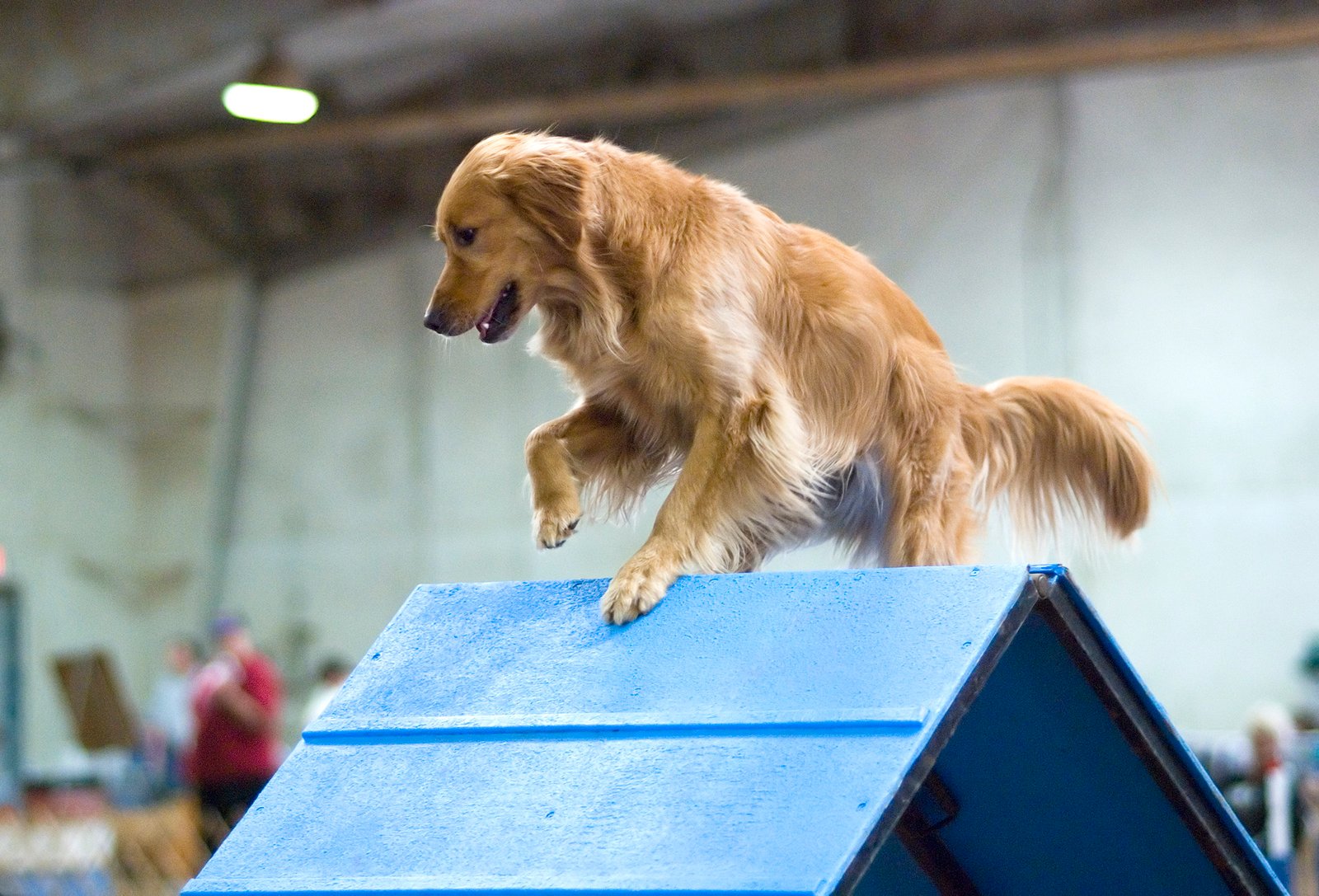
Teaching your Golden Retriever to greet people politely is a must, but it’s important not to squash their natural exuberance. Training should focus on rewarding calm, controlled greetings—like sitting before saying hello—instead of jumping up in excitement. Use simple commands like “sit” or “wait,” and shower them with praise when they get it right. Remember, Goldens thrive on positive attention, so a little patience goes a long way.
Socialization: The Double-Edged Sword
Early socialization is crucial for any dog, but for Goldens, it can set the tone for a lifetime of happy interactions. Exposing your pup to different people, places, and situations helps them understand when it’s okay to be outgoing and when to hold back. However, too much free rein can reinforce the idea that every human wants to be tackled with love. Structured socialization—supervised playdates, gentle introductions, and controlled environments—helps your Golden learn that not every stranger is an open invitation.
Recognizing When Your Golden Is Overwhelming Others
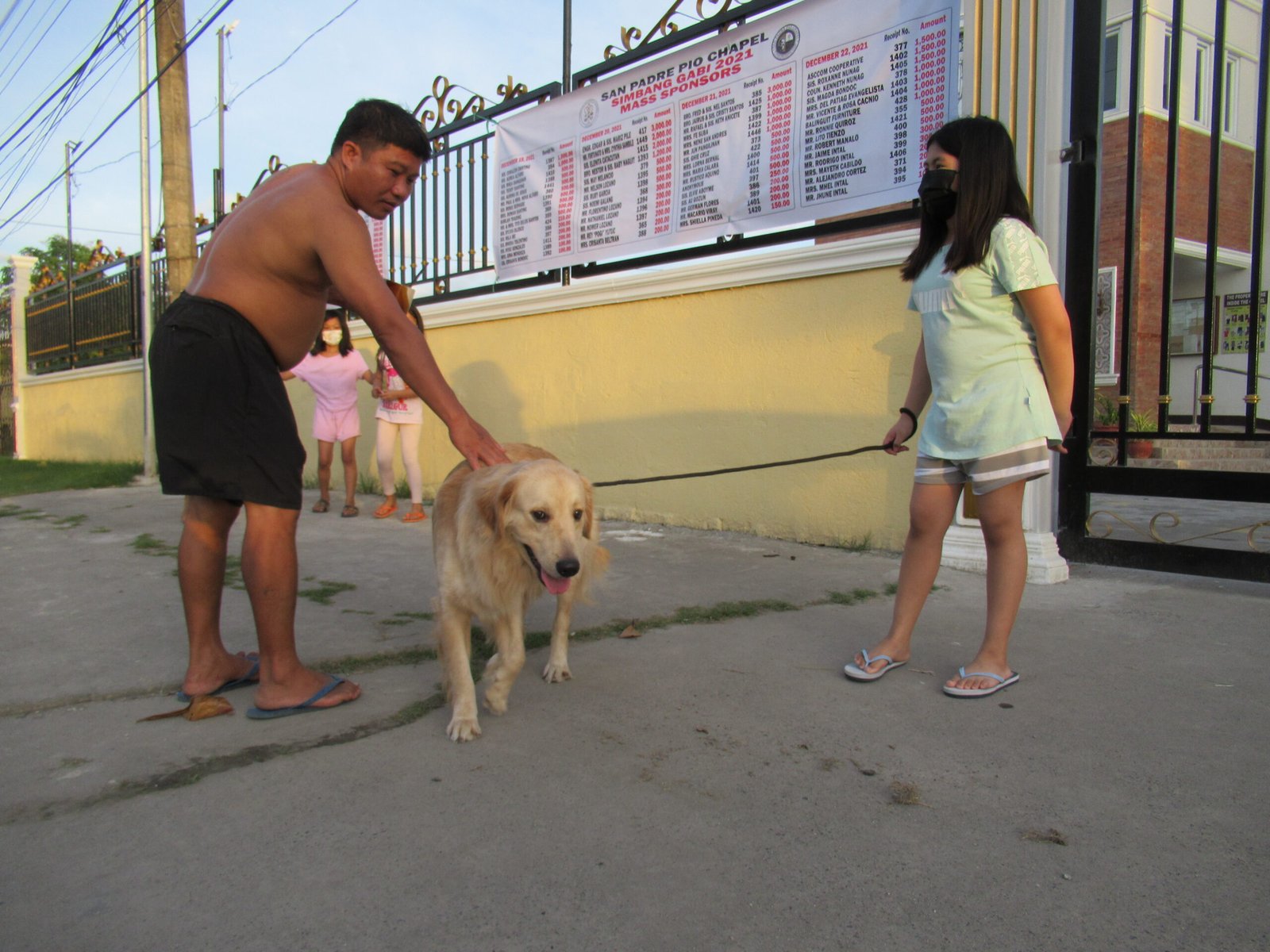
It’s easy to be blinded by your dog’s joy, but not everyone shares their enthusiasm. Watch for subtle cues from people—stiff posture, backing away, raised hands—that signal discomfort. Teaching your Golden to wait for permission before approaching others can save everyone a lot of stress. Sometimes, a simple “Can he say hi?” goes a long way toward making sure everyone’s on board with a furry greeting.
Golden Retrievers and Children: A Joyful (But Watchful) Combination
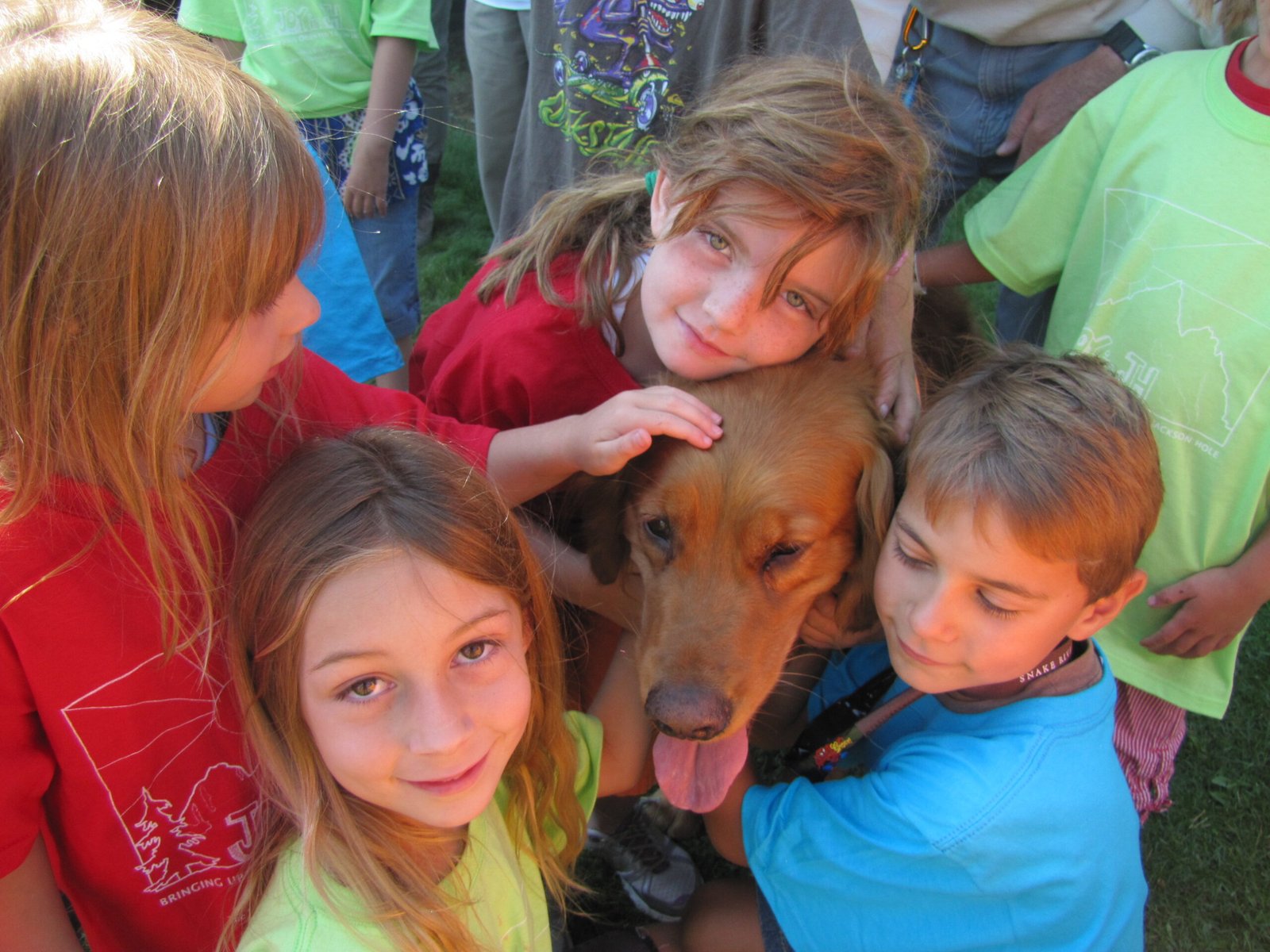
Goldens are famously gentle, but their excitement can be a lot for small children. A wagging tail at eye level or an exuberant leap can knock little ones off their feet. Always supervise interactions with kids, and teach both your dog and the child how to approach each other calmly. Encourage gentle petting and reward your Golden for staying calm, creating positive memories for everyone involved.
Managing Overexcitement in Public Spaces
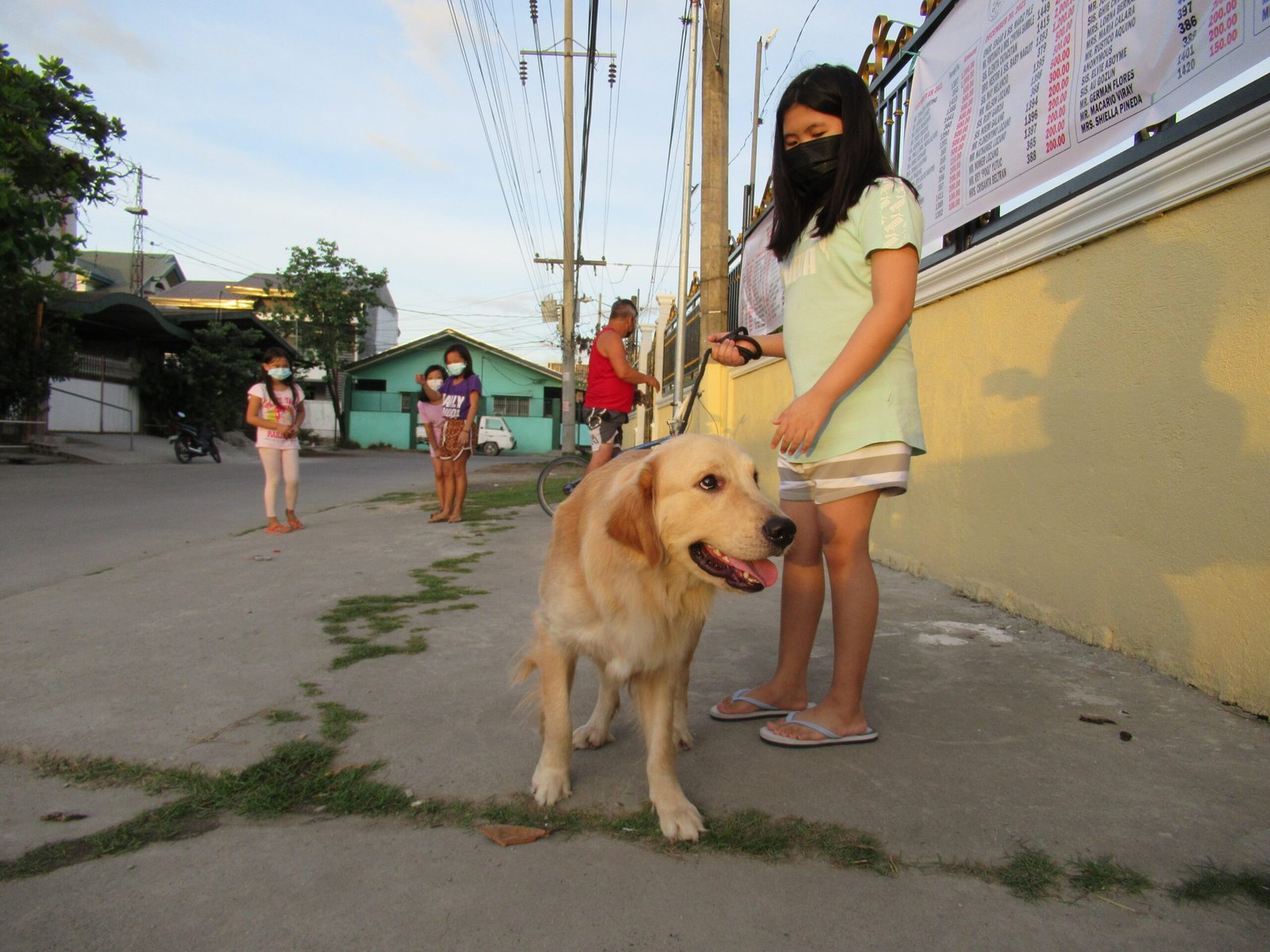
Public parks, busy streets, and crowded events can be sensory overload for a Golden Retriever. The sights, sounds, and smells are almost too much for their friendly hearts to handle! Practice walking calmly on a leash, and use treats to reinforce good behavior. If your Golden starts to get too excited, redirect their attention with a favorite toy or a quick training game. This keeps their mind busy and their energy in check.
The Power of a Consistent Routine
Goldens thrive on routine, and knowing what to expect helps them manage their excitement. Set clear rules for greetings at home and in public. For example, only allowing petting when your dog is sitting calmly teaches them that good things come to those who wait. Consistency from everyone in the household reinforces these boundaries and helps your Golden learn faster.
Building a Strong Recall for Safety
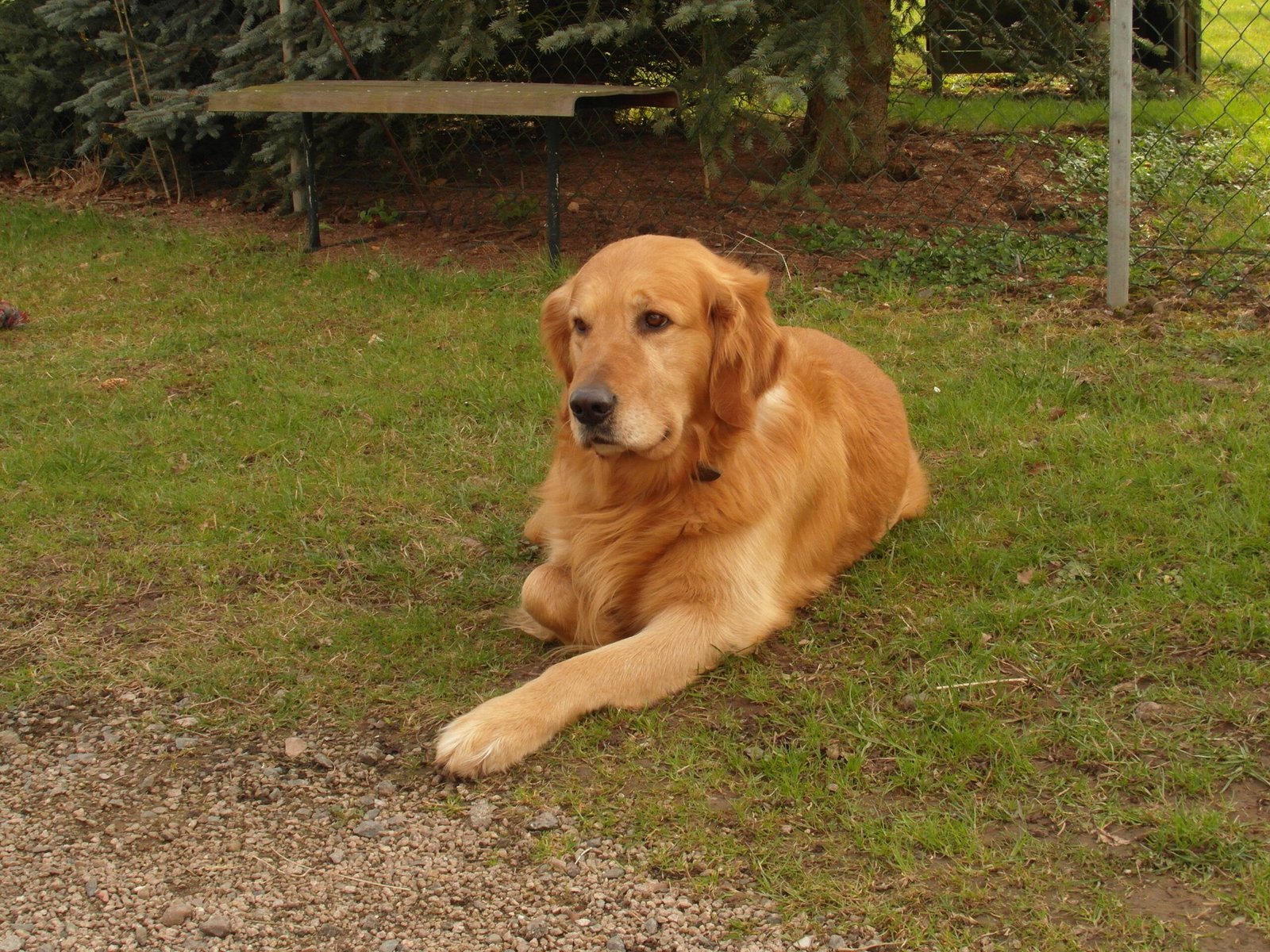
A reliable recall—your dog coming back to you when called—can be a lifesaver if your Golden spots a new friend across the street. Practice recall daily, starting in quiet areas and gradually adding distractions. Make coming back to you the best thing in the world, using treats, toys, or affection as a reward. With patience, your Golden will learn that staying close to you is just as rewarding as chasing after strangers.
Understanding Your Golden’s Body Language
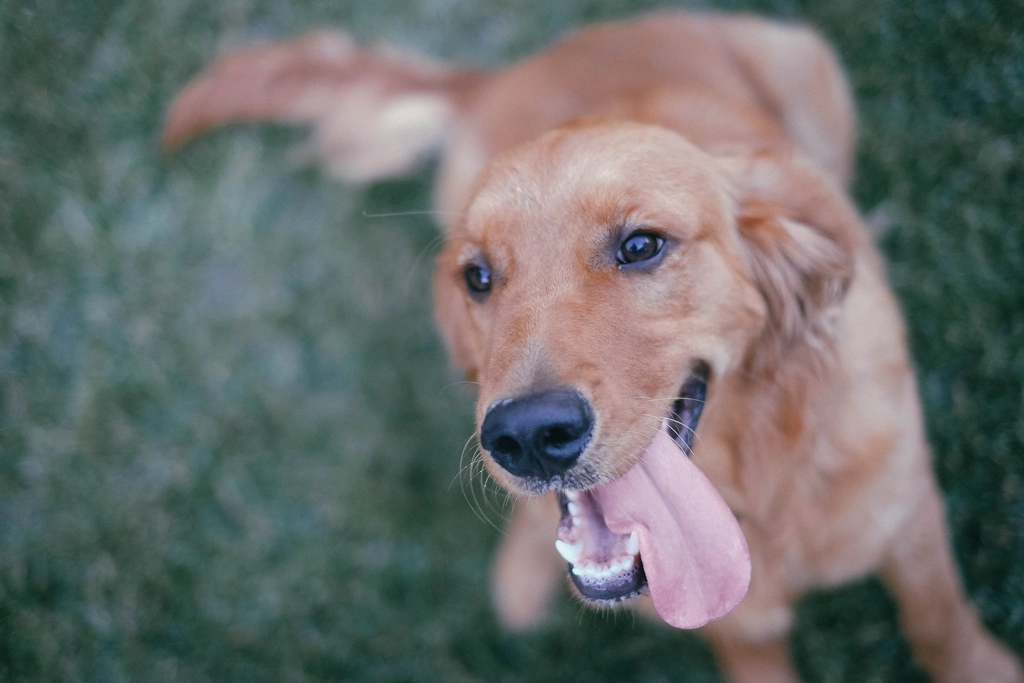
Goldens communicate with their whole bodies, from the tip of their wagging tails to the perk of their ears. Learning to read their signals—like a relaxed stance versus a tense, forward-leaning posture—helps you anticipate their next move. If you see your Golden getting overly excited, step in early with a distraction or a calming command. Being in tune with your dog’s body language strengthens your bond and helps you guide their friendly impulses.
When Friendliness Becomes a Safety Issue
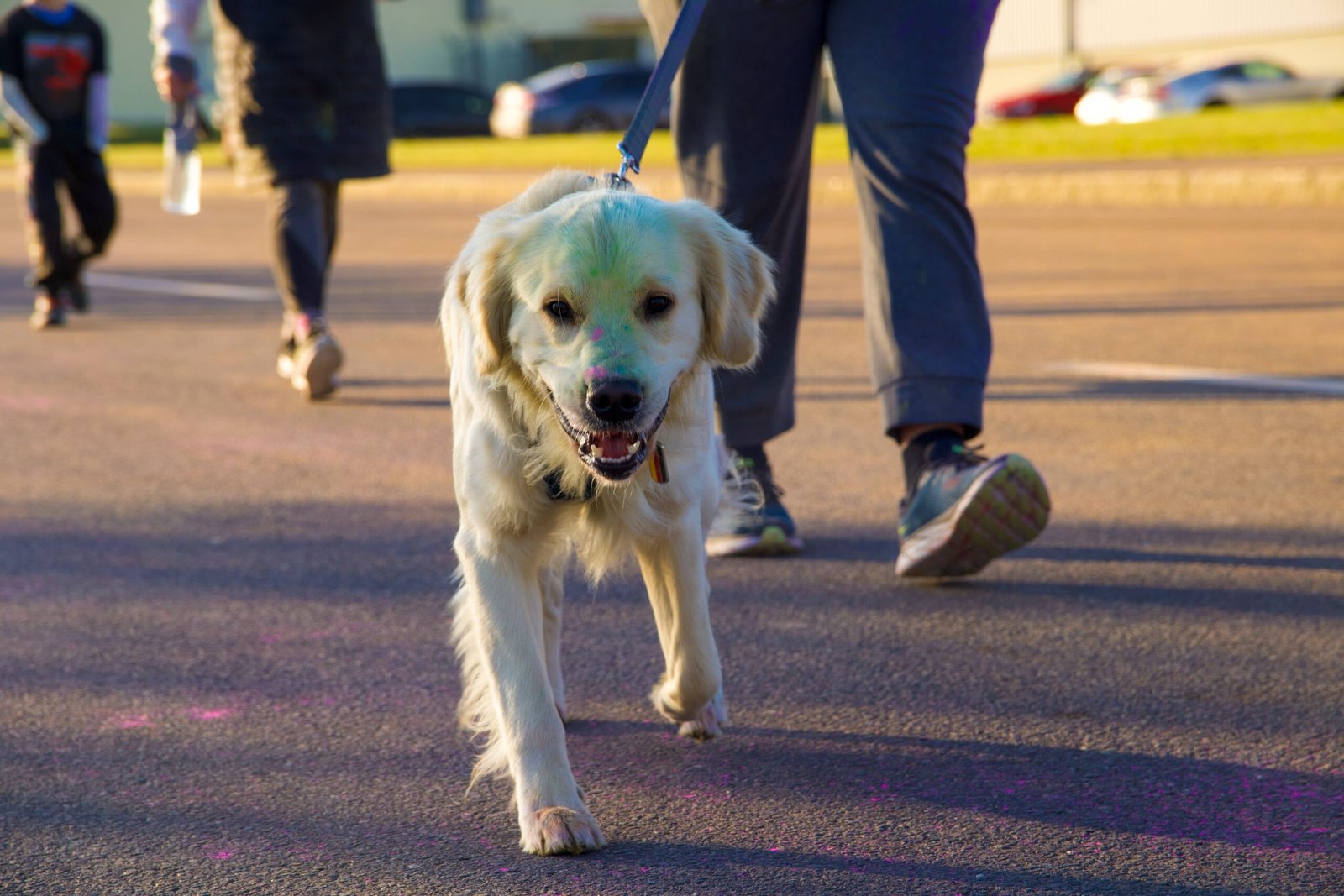
While it’s heartwarming to have a social butterfly, there are times when too much friendliness can put your Golden at risk. Not every stranger is trustworthy, and not every dog they encounter is friendly in return. Teaching your Golden to look to you for guidance before approaching others is essential. Sometimes, a little caution can keep your best friend safe in a world that isn’t always as friendly as they are.
Jen is a passionate nature lover and ocean conservationist. She has dedicated her life to protecting the environment and preserving the beauty of the natural world. Growing up in a small coastal town, Jen sincerely appreciated the ocean and its inhabitants. She has spent countless hours exploring the shoreline, learning about the creatures that inhabit the waters, and advocating for their protection. Jen is an active member of ocean conservation organizations, and she is committed to educating the public about the importance of conserving wildlife and the natural environment.





